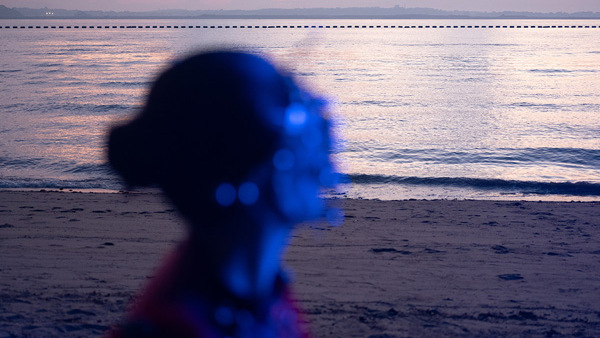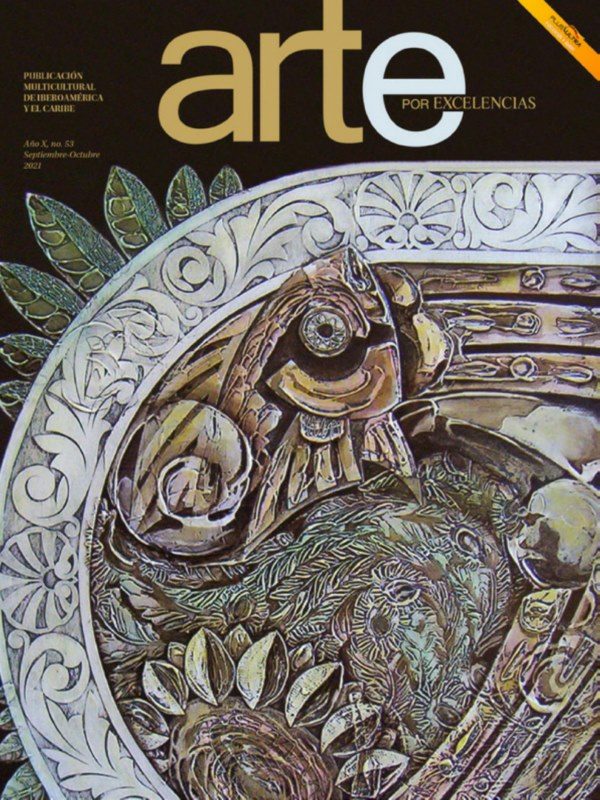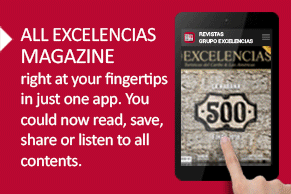Rhona Hoffman Gallery is pleased to present Iraqi-American artist Michael Rakowitz’s fifth exhibition, Listening back to fragments. Listening back to fragments encompasses two projects: Radio Silence (2018) and The invisible enemy should not exist (2007-ongoing). The exhibition title refers to the limited recordings Rakowitz made with Bahjat Abdulwahed—"the Walter Cronkite of Iraq." It also invokes the artifacts—fragments of Mesopotamian history—that Rakowitz and his team have crafted as reappearances for this exhibition.
The invisible enemy should not exist unfolds as an intricate narrative about artifacts stolen from the National Museum of Iraq, Baghdad, in the aftermath of the US invasion of April 2003, the current status of their whereabouts, and the events surrounding the invasion. The centerpiece is an ongoing series of sculptures that reappear the looted archeological artifacts using as materials the packaging of Middle Eastern foodstuffs and Arabic-English newspapers, moments of cultural visibility found in cities across the United States. The project is a long-term commitment to recuperate the 7,000+ items that remain missing. Objects are created by a team of assistants using the University of Chicago’s Institute for the Study of Ancient Cultures (ISAC) database, as well as information posted on Interpol’s website. For this exhibition, they are displayed in antique cases gifted to Rakowitz from ISAC that once held Mesopotamian artifacts from their collection. Featured are ivory fragments, a chair back adorned with ivory plaques, and cylinder seals, some smaller than an infant's finger, all stolen from the Museum in 2003. The most looted object-type from the National Museum of Iraq, cylinder seals comprise two parts: an inscribed stone cylinder and the corresponding impression created when the cylinder was rolled out onto a wet clay slab. Some of the earliest known narrative art, they were used to sign and officiate documents, were worn around the neck as jewelry, and served as protective amulets. Before the Iraq Museum's plundering, their collection of cylinder seals exceeded 15,000. Nimrud ivories, the second most stolen object-type, are similarly intimate in scale: carved plaques and figures dating back to the 9th-7th centuries BCE, they were excavated from the Assyrian city of Kalhu (Nimrud) during the 19th and 20th centuries. Most of these ivories were taken or imported from the Phoenician empire by the Assyrian empire and are thought to have been created in the Eastern Mediterranean region.
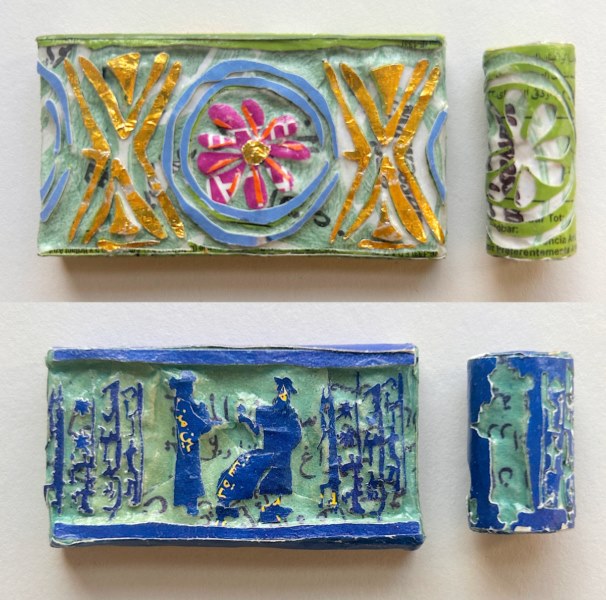
Radio Silence was a participatory performance and radio show presented by Mural Arts Philadelphia, involving American veterans from the Iraq War and the Iraqi refugee community. Conceived with independent curator Elizabeth Thomas, the project invited local veterans and refugees to participate in a creative process concerning their experiences and memories of the war, making a space for productive dialogue. Personal stories, cultural traditions, music, and found sound were woven together as the backbone of a live performance held on Independence Mall, featuring artist and veteran Aaron Hughes, the group Warrior Writers, and former broadcast journalists Bahjat Abdulwahed and Hayfaa Ibrahem Abdulqader, among others. The performance was evocatively staged inside a recreation of Abdulwahed’s newsroom. A seven-episode radio program and podcast—distributed via a network of hundreds of community radio stations—combined recorded elements from the live performance with studio and field-based recordings, offering national audiences an opportunity to engage with an intimate, multifaceted, and sustained portrait of Iraq.
Michael Rakowitz (b. 1973, New York, US) lives and works in Chicago. His work has appeared in venues worldwide including at Documenta (13), Kassel; the 16th Sydney Biennial; the 10th and 14th Istanbul Biennials; the 8th, 14th and 15th Sharjah Biennials; the Cleveland Triennial; Kiasma, Helsinki; Palais de Tokyo, Paris; Victoria & Albert Museum, London; MoMA, New York; Van Abbemuseum, Eindhoven. He has had solo exhibitions at Baltic Centre for Contemporary Art, Gateshead; Frac Lorraine, Metz; Malmö Konsthall; Tate Modern, London; MCA, Chicago, among others. From 2019–2020, a survey of Rakowitz’s work traveled from Whitechapel Gallery in London, to Castello di Rivoli Museo d’Arte Contemporanea in Turin, to the Jameel Arts Centre in Dubai. He is the recipient of the 2020 Nasher Prize; the 2018 Herb Alpert Award in the Arts; a 2012 Tiffany Foundation Award; a 2007 Sharjah Biennial Jury Award; a 2006 New York Foundation for the Arts Fellowship Grant; the 2003 Dena Foundation Award; and the 2002 Design 21 Grand Prix from UNESCO. Rakowitz was awarded the 2018–2020 Fourth Plinth commission in London’s Trafalgar Square.
On the cover: MICHAEL RAKOWITZ
The invisible enemy should not exist
2007 - ongoing
Middle Eastern food packaging and newspaper
Source: Rhona Hoffman Gallery
Related Publications
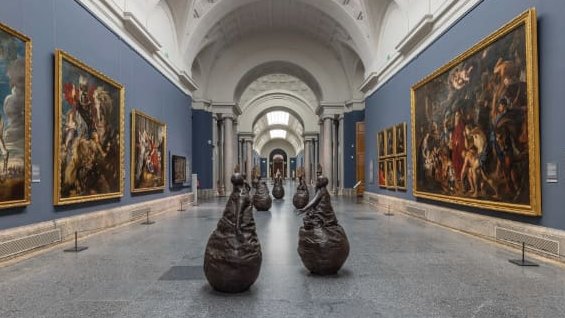
Museo del Prado | Juan Muñoz. Stories of Art
January 07, 2026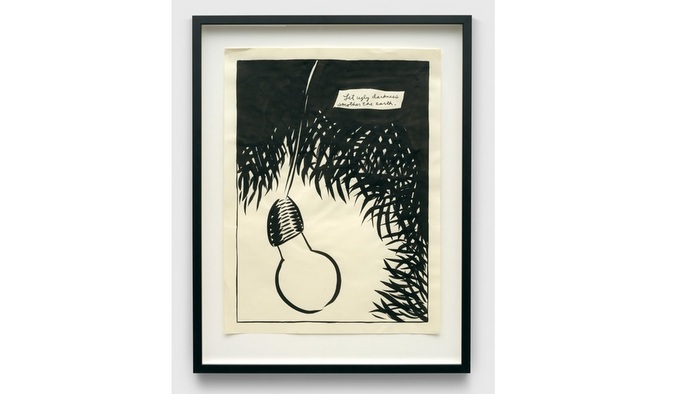
Musée national Picasso-Paris. Raymond Pettibon. Underground
January 06, 2026